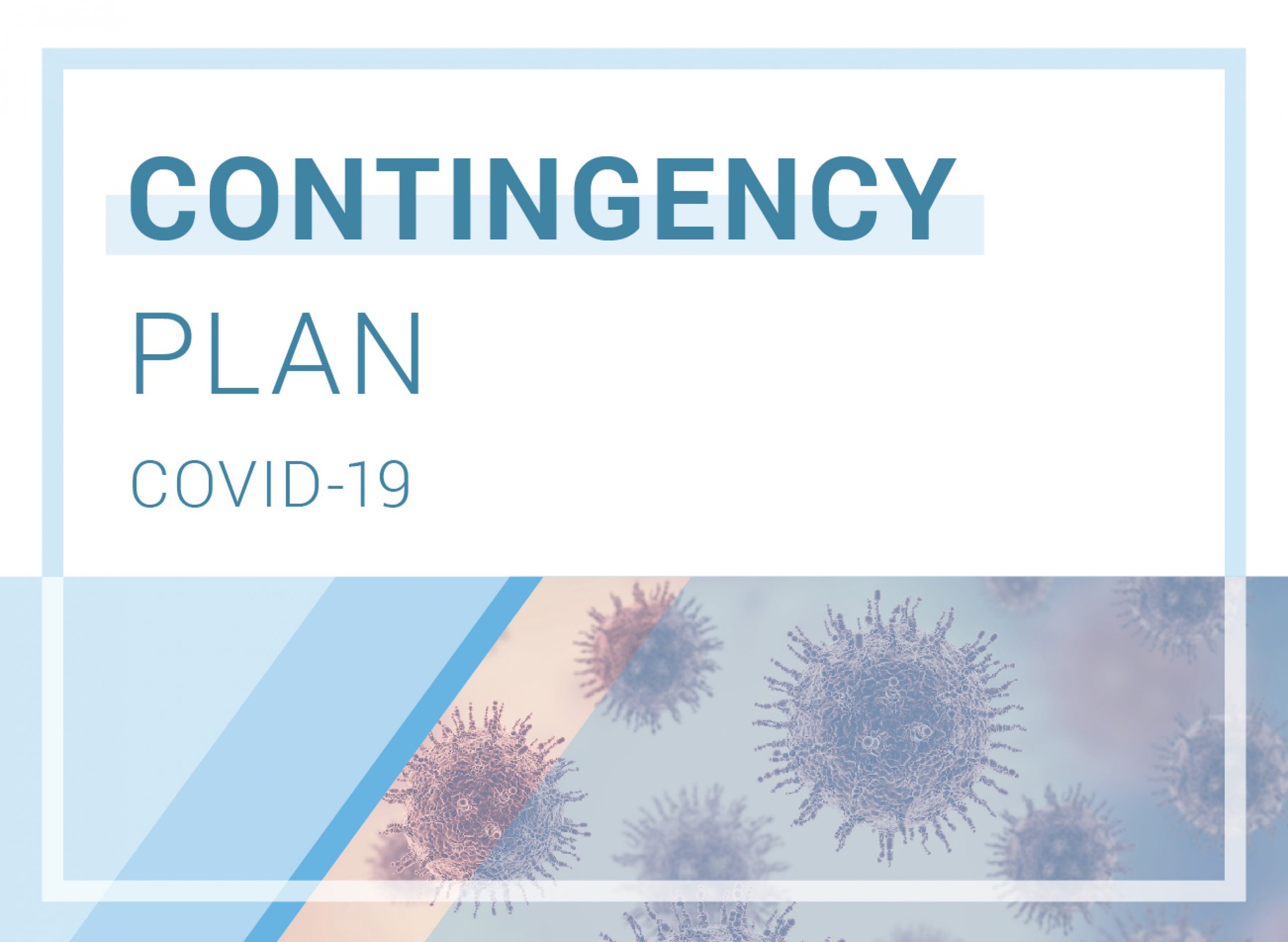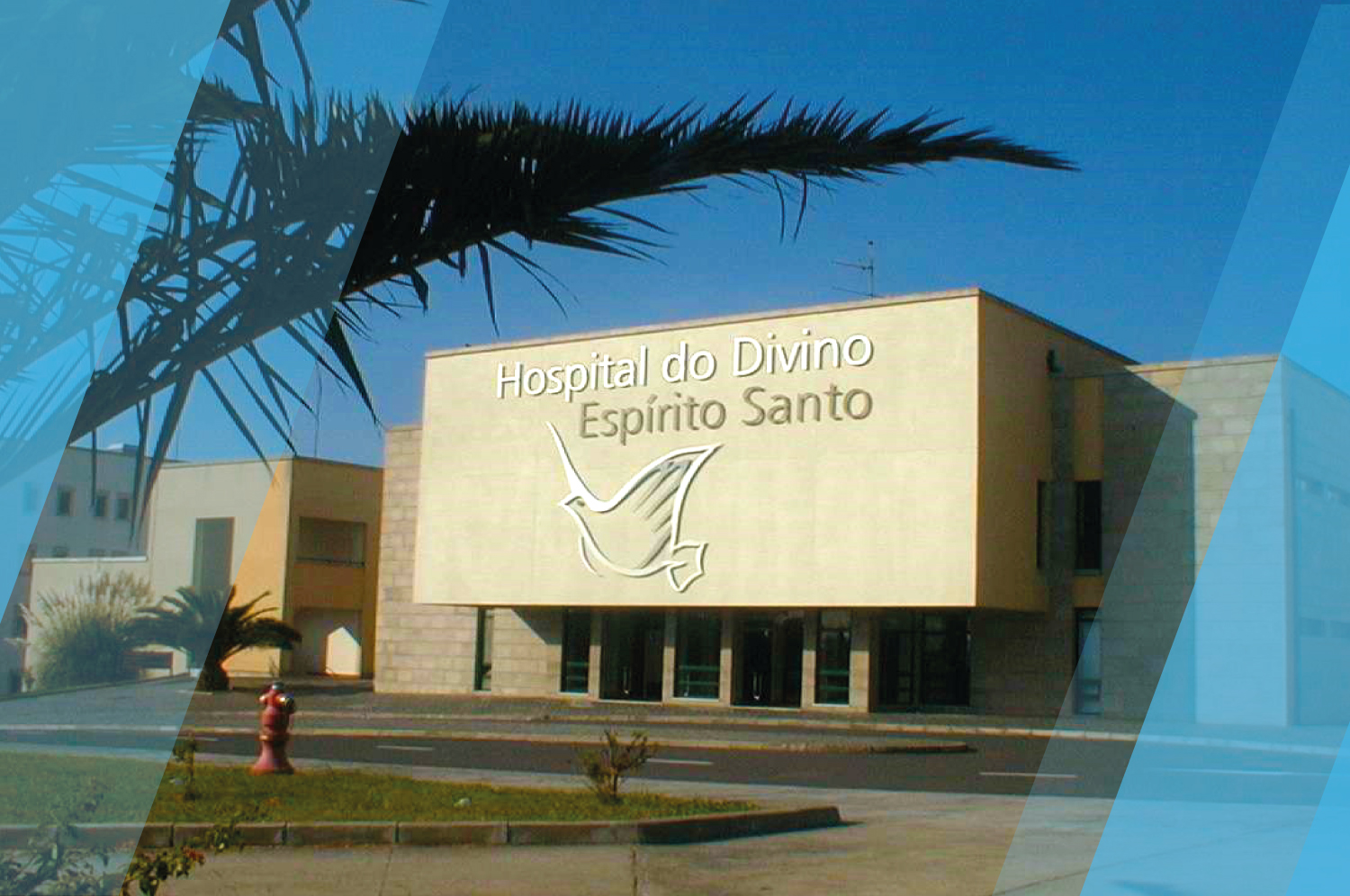 23 March, 2020
23 March, 2020
1. CONTEXT
In the current situation related with the COVID-19, the National Health Authorities determines that all services or establishments prepares contingency plans that minimise the risk of contagion and allow the proper functioning of essential activities, in order to protect workers. The application of the measures provided for the contingency plan shall not preclude the application of the recommendations and information issued and to be issued by DGS. 1.1.0 (General Health Direction)
WHAT IS THE CORONAVIRUS? Coronavirus are a group of viruses that can cause infections, which is part the COVID19. Those infections are usually associated with respiratory system, it can be like a normal flu or to become a major disease like pneumonia.
2. HOW DOES COVID SPREAD?
The COVID can be spread – By respiratory drops (particles larger than 5 microns); – by direct contact with infectious secretions; – by aerosols in therapeutic procedures that produce them (less than 1 micron). The transmission from person to person was confirmed, It is believed that this occurs during an exposure next to a person with COVID-19, through the spread of respiratory drops produced when an infected person coughs, sneezes or talks, which can be inhaled or put in the mouth, nose or eyes of persons who are close and even through the contact of hands with a surface or object with the new coronavirus, and then contact with mucous oral, nasal or ocular (mouth, nose or eyes).
2.1. WHICH ARE THE MAJOR SYMPTOMS?
The symptoms are like a flu, like
• fever • cough • lack of air (difficulty breathing)
• fatigue
2.2 HOW LONG IS THE INCUBATION PERIOD AND HOW DOES IT MANIFESTS?
The incubation period (until the symptoms start to appear) is between 2 to 12 days, according to the last information published by the Health Authorities. As a safety precaution, active surveillance of close contacts takes place during 14 days from the date of the last exposure to the confirmed case. The preventive measures in the context of COVID-19 consider the tracks of direct transmission (airway and by contact) and indirect transmission routes (contaminated surfaces/objects).
3. CONTINGENCY PLAN
3.1 Plan and actions 3.2. Prevention of infection 1. Mandatory to all employees:
· When sneeze or cough, cover the mouth and nose with the arm;
· To wash and disinfect frequently very well the hands, (It was placed in various points on the facilities disinfectants, solutions with alcohol);
· Do not entry the facilities if you have fever, cough or difficulty in breathing;
2. Cleaning
· The work time of the employee Anabela Esteves was changed, in order that the cleaning company could clean and sanitize the office before the entries of the collaborators;
· The daily cleaning know includes the disinfection of all workplaces and common areas.
3. Measures for the Prevention and Control of COVID-19
· Send the Contingency Plan and other information via e-mail to all employees for any clarification of doubts.
· Distribute flyers through the office.
· The biometric records were replaced by individual cards.
· The BIQHS’ vehicles were put at the disposal of the employees, so they do not have to use the public transport.
· The Employees were distributed by rooms, reducing the number of people in each space.
· 50% of the workers are in teleworking.
4. REACTION IN CASE OF SUSPICION OF INFECTION AND ISOLATION
In the event of suspicion of infection of yourself or of other, all employees should communicate to the responsible of BIQHS.
In the event of a suspicion, the person will be directed to the isolation room, which is the lower floor, MEETING ROOM. While going to the isolation room, the person cannot touch any surfaces or interact with others. The Responsible contacts immediately the health authorities and will follow their instructions. Discover how to enhance your operational efficiency with our container depot management solutions
In the case of a confirmation, BIQHS will develop measures of sanitization and disinfestation defined by the health authorities. According to the DGS (General Health Direction) (orientation ner. 006/2020 of 26/02/2020); The estimated incubation period of COVID19 is between 2 to 12 days. As a precaution measure the active surveillance of the close contacts is for 14 days, since the last exposure to a positive case.

In December, we started the implementation of MAPP® solutions in the Divino Espírito Santo Hospital of Ponta Delgada. BIQ Health Solutions is the partner chosen to support HDES in this […]
+